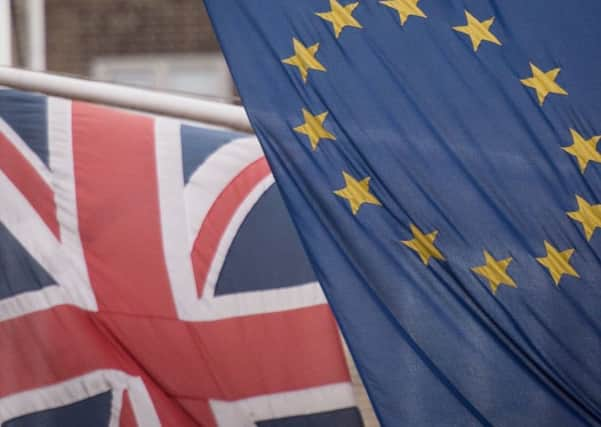William Wallace: MPs and Lords have a duty to reveal risks of Brexit


The situation has now become surreal, ahead of Commons votes this week. Two Cabinet sub-committees have been working on proposals for future customs arrangements with the EU, one of which depends on technology unlikely to be ready until 2022/23, while the other is unlikely to work from the outset. David Davis has just suggested, as a third option, that Northern Ireland could somehow remain both within the EU and the UK after we leave.
The Prime Minister has avoided splits within the Conservative Party by repeatedly delaying parliamentary votes, leaving a backlog of legislation that will leave the UK unready for exit in March next year. But she cannot go to the European Council at the end of June without clear answers on difficult issues; other EU governments are already complaining about the fuzziness of Britain’s objectives.
Advertisement
Hide AdAdvertisement
Hide AdThe Government has published online a series of negotiating papers in recent weeks without presenting them to Parliament or the media: attempting to present one version of its objectives to Brussels and another to the British public.
These papers sketch out the shape of the ‘deep and very special partnership’ between the UK after we leave and the EU in terms that suggest we want to continue to have the closest possible relations short of full membership – not at all what the Vote Leave campaign told us we were voting for.
The reason why Boris Johnson, Liam Fox and others demanded that we had to leave the customs union was that we could strike better deals on free trade with other countries, most of all with our natural friends in the English-speaking world. President Trump’s imposition of tariffs, on European allies including Britain as well as on China, has blown that hope out of the water.
The Vote Leave campaign had many close links with US Republicans – the American wife of its referendum director (Matthew Elliott) is now the UK chair of Republicans Abroad. American money has flowed into the influential think-tanks in London that have promoted free trade and free markets outside the EU. But Trump’s America is not Britain’s natural partner.